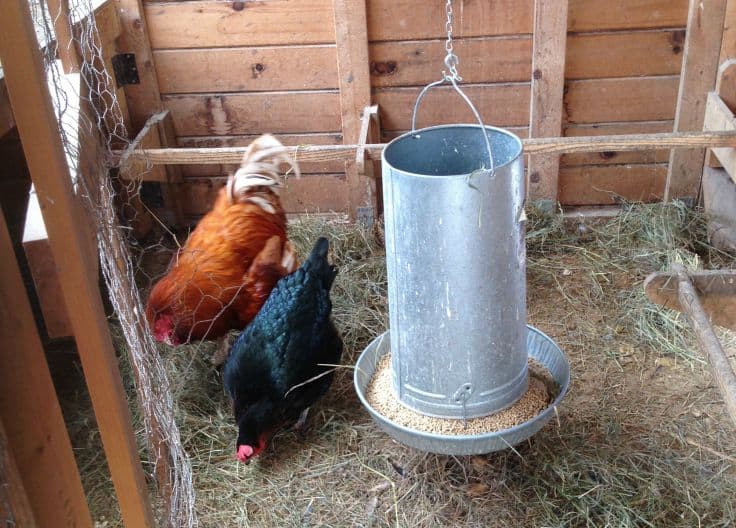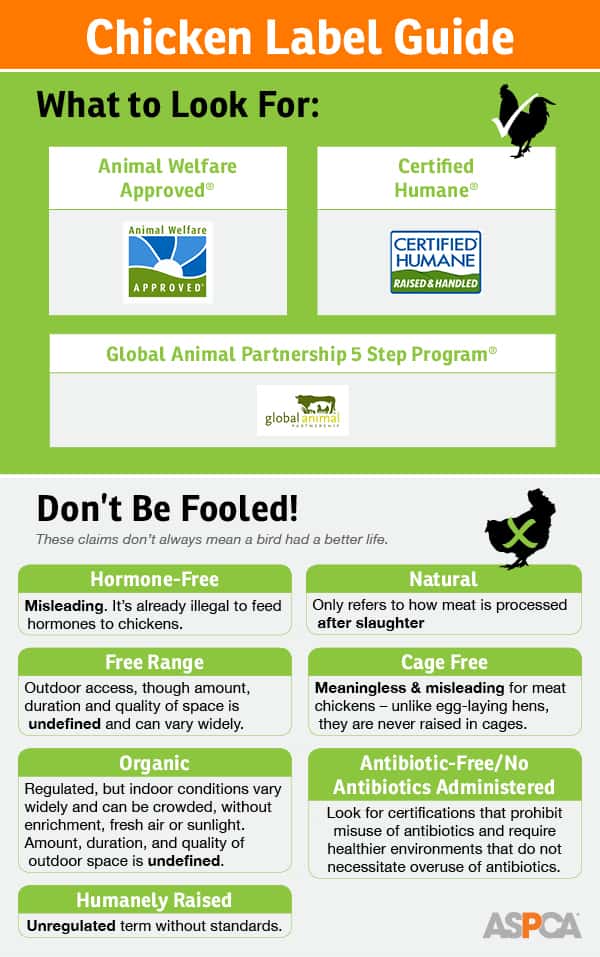Last Updated on August 15, 2020 by Ellen Christian
I’ve written many times about our life in Vermont including the fact that we have ducks and chickens. They’re getting older now and don’t produce eggs any longer. They just sort of hang out and enjoy life in the back yard, eating bugs, and making me smile. We’ve never considered our ducks and chickens to be a meat source because they’re pets. When we want chicken, we buy it at the grocery store.
Posts may be sponsored. This post contains affiliate links, which means I will make a commission at no extra cost to you should you click through and make a purchase. As an Amazon Associate I earn from qualifying purchases.
Join the Change Your Chicken Challenge
I’m picky about the chicken I buy. I look for brands that are organic or antibiotic-free, and I look for brands that don’t raise their chickens on factory farms. Several years ago, I saw a movie about chickens raised on factory farms, and it affected me so profoundly that I refuse to buy those brands.
Did you know that most full-grown chickens have less than one square foot of space to live in– less than the size of an iPad?
Nearly nine billion chickens are raised for meat in the US, and most are suffering on inhumane, unsanitary factory farms. We can change that. Take the pledge to fight factory farming:
The ASPCA is hoping to raise awareness about the plight of factory farmed chickens to inspire the public to demand healthier, more humane conditions. They launched Change Your Chicken– a 30-day challenge that encourages Americans to shift all their chicken purchases from the worst factory farmed products to more humanely raised products.
Can you join me and the ASPCA for 30 days to help bring awareness to this cause? Look for the labels above on the chicken you buy at the store and help let others know about this cause by sharing this post using #ChangeYourChicken.
Learn more about the Change Your Chicken Challenge by visiting the website and pledging your support.

Ellen is a busy mom of a 24-year-old son and 29-year-old daughter. She owns six blogs and is addicted to social media. She believes that it doesn’t have to be difficult to lead a healthy life. She shares simple healthy living tips to show busy women how to lead fulfilling lives. If you’d like to work together, email info@confessionsofanover-workedmom.com to chat.



It is really sad how chickens are treated on chicken farms. We try to make better choices when we are making better choices when picking out our meats.
I agree, Vera. It really is.
This has been the case with words used on labels, and just words in general – for a long time. Without a clear definition things are open to interpretation. People think something means one thing when it in fact doesn’t.
That’s definitely true, Val!
Thanks for sharing this information. I have been trying to buy organic but I’ll be on the lookout for these labels now too.
Thanks, Melissa!
I have heard a little about this, pretty interesting! Sad you have to become so knowledgeable about the food you buy. Be nice to go in buy an item and not have to look over it to make sure it is safe!
It would be nice if we could just trust that everything was safe and created properly!
This is a very interesting article. We have switched over to buying chickens that are organic, antibiotic free, hormone free, and free range. I was unaware of the differences shown on your chart. I will definitely be more aware of the labels.
That’s fantastic, Allie!